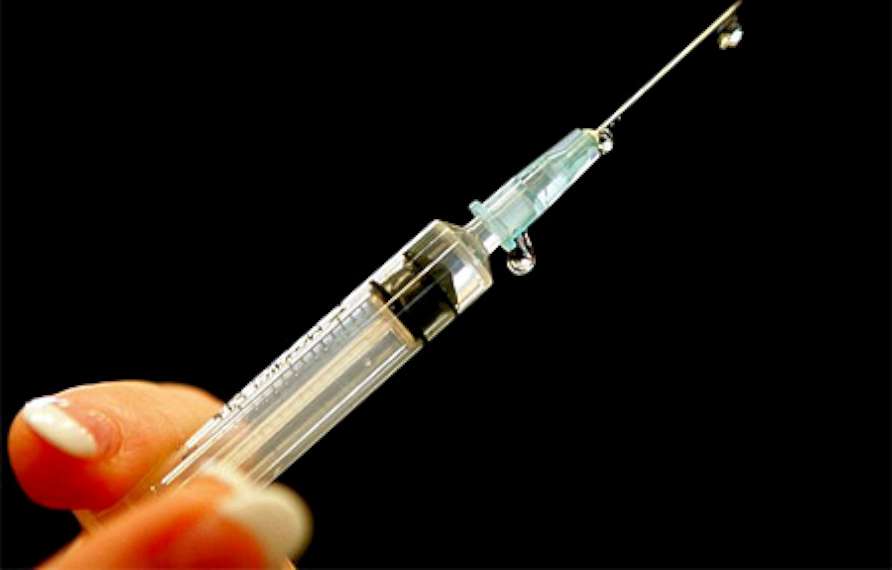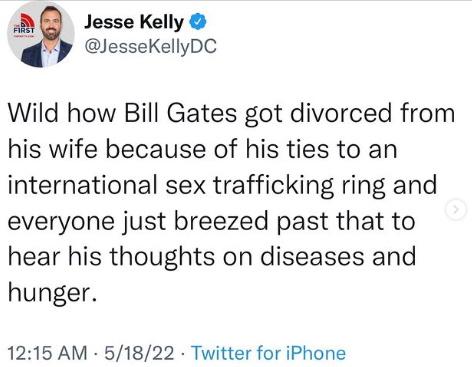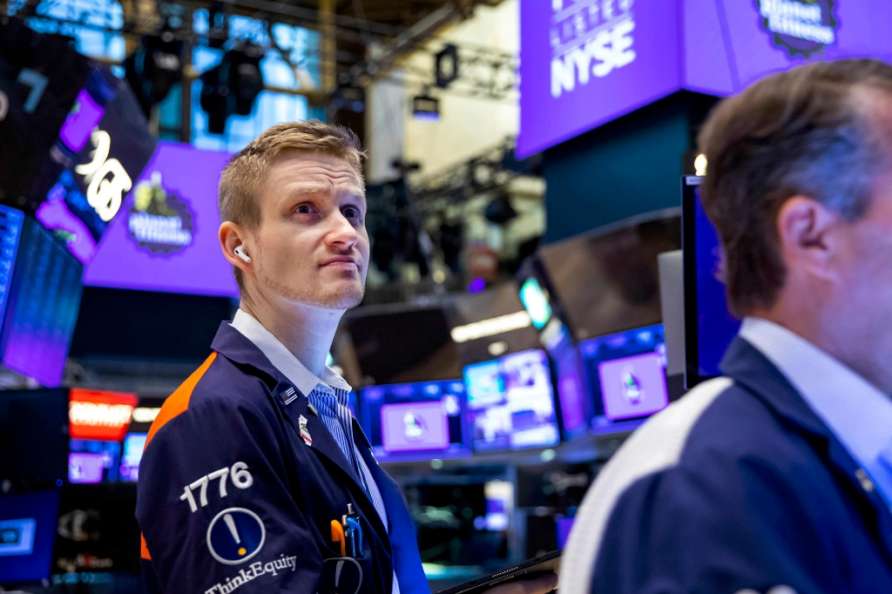A bombshell study - from the National Institutes of Health and Moderna, no less - should end debate
Unvaccinated people are much more likely to develop broad antibody immunity after Covid infections than people who have received mRNA shots, a new study shows.
The gap remains large whether people had mild, moderate, or severe Covid infections, the study showed - undercutting a crucial argument that vaccine advocates have made to defend the shots.
The research draws on data from Moderna’s 30,000-person clinical trial for its mRNA shots. It may help explain why so many Americans now suffer multiple Covid infections, sometimes within months.
Researchers already knew that many vaccinated people do not gain antibodies to the entire coronavirus after they are infected with Covid.
Unvaccinated people nearly always gain antibodies to the nucleocapsid protein, which covers the virus’s core of RNA, as well as its spike protein, which allows the virus to attack our cells. Vaccinated people often lack those anti-nucleocapsid antibodies and only have spike protein antibodies.
—
Vaccine advocates claim the lack of nucleocapsid antibodies may occur because the mRNA shots prime people to fight off the Covid infections more quickly and have lower viral loads. In this view, the narrow immune response is a feature, not a bug - vaccinated people are less seriously infected and so do not need to generate anti-nucleocapsid antibodies.
This study essentially demolishes that theory.
Scientists from the National Institutes of Health and Moderna quietly posted the paper a month ago as a pre-print, but it has received little attention despite its import.
The researchers examined the development of anti-nucleocapsid antibodies in people who had been part of Moderna’s clinical trial and were infected with Covid. As they expected, the scientists found that the vaccinated people were far less likely to develop the anti-nucleocapsid antibodies. Only 40 percent of people who received the shots had antibodies, compared to 93 percent of those who did not.
But they then went a step further. Because the infected people had been in the trial, their viral loads had been precisely measured when they were found to have Covid. So the researchers were able to compare vaccinated and unvaccinated people who had the same amounts of virus in their blood.
Once again, they found that unvaccinated people were far more likely to develop anti-nucleocapsid antibodies than the jabbed. An unvaccinated person with a mild infection had a 71 percent chance of mounting an immune response that included those antibodies. A vaccinated person had about a 15 percent chance.
Only in cases of severe infection and very high viral loads did the difference narrow significantly; in those cases all unvaccinated people and most of the vaccinated had anti-nucleocapsid antibodies.
The chart that should worry the vaccinated: the yellow line shows the odds that an unvaccinated person will develop anti-nucleocapsid antibodies to Sars-Cov-2, stratified by viral load. The blue line shows the same odds for a person who received an mRNA shot.
An unvaccinated person has an almost 60 percent chance of developing antibodies even with an extremely mild infection; a vaccinated person needs almost 100,000 times as much virus in his blood to have the same chance.



































